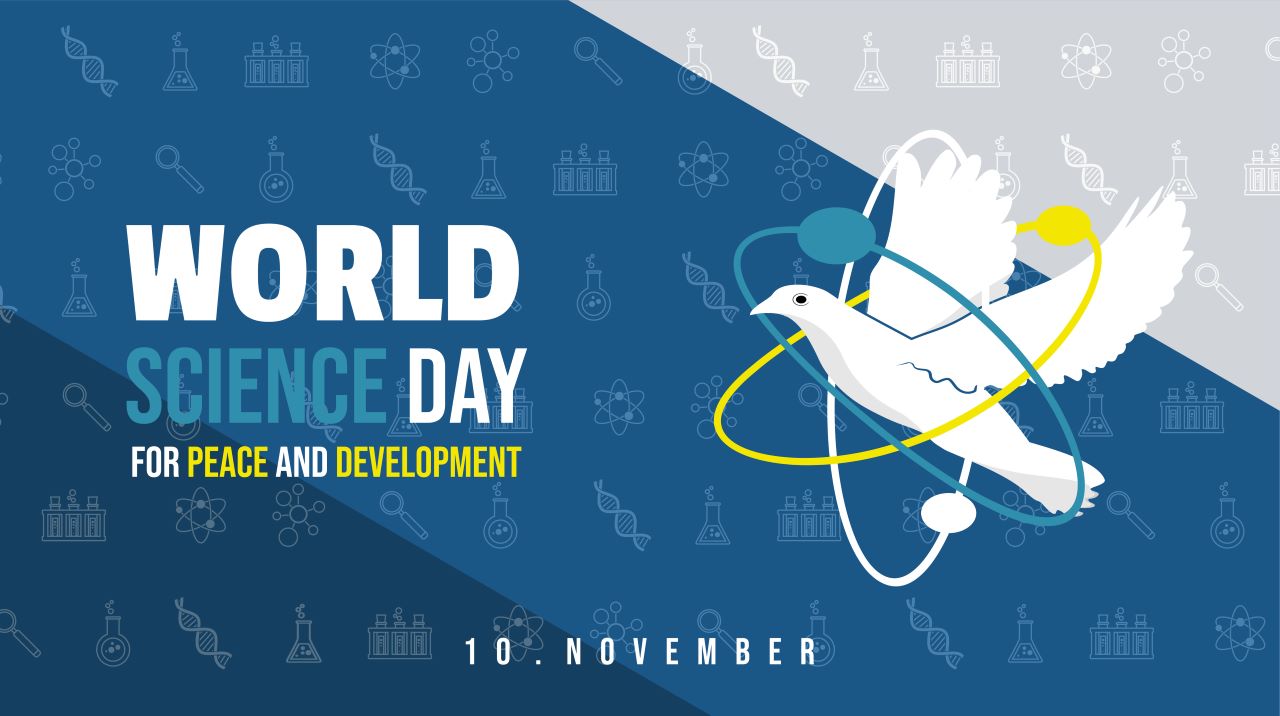World Milk Day 2024 Report – Celebrating Dairy’s Vital Role in Nutrition and Sustainability
This year, on June 1, we celebrated the vital role that dairy plays in delivering…

Celebrated every November 10th, World Science Day for Peace and Development emphasizes the crucial impact of science on society. It emphasizes the importance of involving the general public in discussions about evolving scientific matters while highlighting how science is pertinent to our everyday existence. As we celebrate this day, it is worth shining a spotlight on the groundbreaking work being done by the DSI Scientific Network.
Established in 2020, the DSI Scientific Network serves as a crucial advocate for the research community in international policy dialogues surrounding digital sequence information (DSI). With a mission to enhance policymakers’ and stakeholders’ comprehension of DSI, its applications, and its pivotal role in research, biodiversity conservation, and public health, the Network actively champions the global advantages of open access to DSI through publicly accessible online databases.
World Science Day for Peace and Development celebrates the critical role of science in fostering global harmony and progress. When we look at the effective and equitable sharing of DNA and RNA data, we see a direct link to the broader goals of peace and development.
The collaborative sharing of genetic information is a powerful tool for promoting biodiversity conservation, public health, and research innovation. It transcends borders, uniting scientists and researchers worldwide in a shared endeavor.
Thanks to open access to DSI, scientists could develop mRNA vaccines against COVID-19 and the first Ebola antibody therapy to be approved in the United States. Without the widespread sharing of, and open access to, DSI, it would be possible to discover the origin of pathogens such as the Batrachochytrium dendrobatidis (Bd), responsible for the population decline and even the extinction of several animal species.
Advocating for sensible policy solutions becomes an integral part of this scientific collaboration. Researchers play a crucial role in advancing knowledge and shaping ethical and equitable frameworks for the use and sharing of genetic data. Their voice becomes a driving force for policies that balance the needs of global scientific progress with considerations for privacy, ethical use, and benefit-sharing.
In essence, the effective sharing of DNA and RNA data is a manifestation of the principles celebrated on World Science Day for Peace and Development. It embodies the idea that through shared knowledge and collaborative efforts, we can address global challenges, promote sustainable development, and contribute to a more harmonious world.